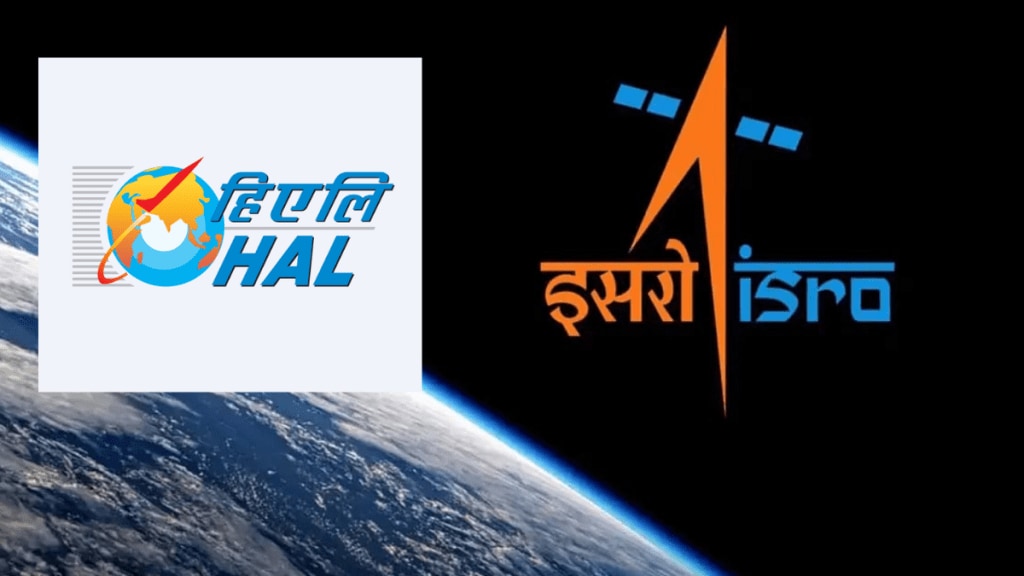The Indian Space Research Organisation (ISRO) on Wednesday signed a formal agreement with Hindustan Aeronautics (HAL) for the transfer of technology for production of Small Satellite Launch Vehicles (SSILV).
State-run HAL’s win over the Rs 511-crore bid would allow it to build, integrate and operate SSLVs, which are designed to place payloads of up to 500 kg in low-Earth orbit.
Boost to India’s small satellite market
The move is expected to strengthen India’s position in the global small satellite market which is projected to exceed $60 billion by 2030, alongside India’s launch services market, expected to grow at a CAGR of 21% between 2024 and 2030, according to Frost & Sullivan and Grand View Research.
“It will not only expand India’s commercial launch capacity but also create synergies for startups such as Agnikul, Skyroot, and many emerging small-satellite manufacturers, who will benefit from faster and more affordable access to space,” said Anil Prakash, director-general, SIA-India (SatCom Industry Association).
HAL’s role and production roadmap
Under the arrangement, ISRO will provide a two-year handholding and training programme, covering design, integration, commercial processes and flight readiness. HAL is expected to produce its first SSLV by 2027, after which it will independently cater to both domestic and international markets. Industry estimates suggest HAL could scale up production to 6-10 rockets annually.
“The entire ecosystem from component suppliers to specialised vendors will be catalysed by this development, while also opening doors for international collaboration and offering payload customers umpteen ride-share and customised launch options,” Prakash added.
“This agreement is part of that movement, where ISRO will guide the HAL team on the preparedness-to-flight tangent of SSLV. This would define the next phase of deep-tech collaboration in space in India,” said Dr V Narayanan, secretary, department of space and chairman, ISRO.


